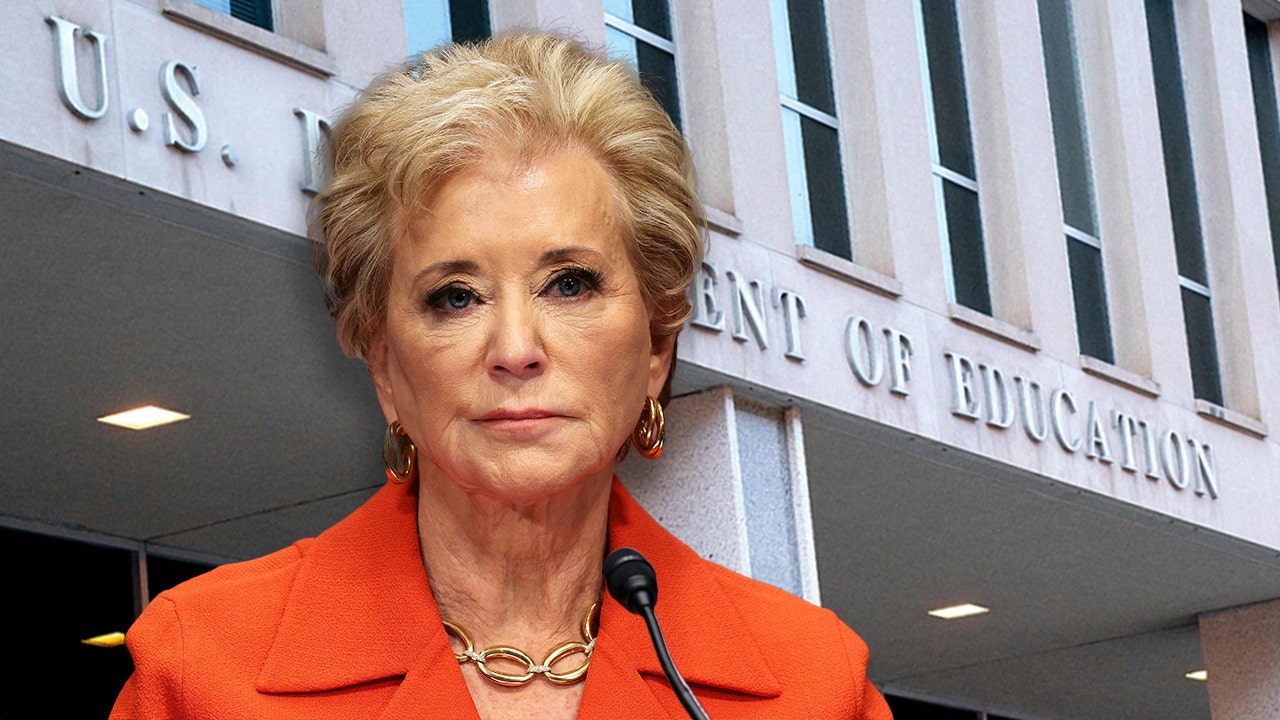Hungary’s governing party faces June’s European elections with a worrying drop in support, following the presidential pardon scandal, polls show. Opposition parties, however, might not be able to profit from the decline.
In February, an explosive report in the independent media revealed that then president Katalin Novák gave a legal pardon to Endre K., a former deputy director of a state orphanage jailed for covering up sexual abuse.
The report sparked countrywide outrage and mass protests, which resulted in both Novák and former justice minister Judit Varga stepping down from politics.
And while prime minister Viktor Orbán’s position hasn’t been questioned, his party’s popularity is suffering.
Up to 325,000 voters have deserted Fidesz in a single month, a poll by Republikon found.
The governing party lost some two percent of the general population, and six percent of their own voters. This puts Fidesz at a record low since their landslide victory at the 2022 national election, the liberal think tank says.
In late February 2024, only 26 percent of the voting-age population backed Fidesz, compared to 28 percent in January, 29 percent in November 2023, and 35 percent in October 2022, months after the national election, in which they received 54 percent of the vote, and took 64 percent of seats in the National Assembly.
According to a separate poll, by 21 Research Center, one-in-ten Fidesz voters are disappointed in the party. And over half of the population, 55 percent, would like to see a change in government, a third poll by Medián shows.
Even a pro-governmental think tank Nézőpont found a decrease in the party’s popularity, from 50 to 47 percent.
“But even though the popularity of the party has decreased, it looks like they will take half of the mandates at the European election,” says Zsuzsanna Végh, political analyst and visiting fellow at the German Marshall Fund of the United States. “The lead of Fidesz is not in question,” she added.
The looming threat of EP elections
At the European Parliament elections, from 6-9 June, Fidesz will want to portray a united front ahead of the country’s upcoming six-month rotating EU Council presidency, which starts in July, despite growing criticism in Brussels and other member state capitals.
Last month, the European Parliament confirmed it will sue the European Council for releasing over €10m in funds to Hungary, previously frozen over concerns about the rule of law.
Orbán also received criticism for previously stonewalling the EU’s efforts to send aid to Ukraine, and for his absence from the vote that opened accession talks with Kyiv, which required unanimity.
US ambassador to Hungary David Pressman openly criticised Orbán for souring relations with the US and EU on the 25th anniversary of Hungary’s Nato accession. “This is not a time for political games,” he said, in the wake of Budapest’s holdout over admitting Sweden to the mutual-defence club.
“Fidesz will try to convey the view that they are a successful party, which is at its peak, and not in a downward spiral,” says András Bíró-Nagy, director of Budapest-based think tank Policy Solutions.
Orbán’s naionalist-conservative rightwing party holds two-thirds of the domestic parliament in Budapest, and 62 percent of Hungary’s MEPs.
“It’s in Fidesz’ interest to appear as a powerful party at the European Parliament elections, like they did at the previous one, at least reaffirming the results from 2019,” he says.
“But I think it’s likely that they will perform worse in 2024 in terms of vote share (than they did in 2019), partially due to this scandal.”
The European elections, which have a much smaller turnout than national elections, tend to favour Fidesz, Bíró-Nagy pointed out, due to Fidesz’ “disciplined voting base.”
Turnout in Hungary at the last election in 2019 was 43 percent, but since this year’s polls will coincide with a municipal vote, Bíró-Nagy estimates turnout will be around 48-50 percent.
Fragmented opposition
While Fidesz might almost certainly lose some voters in the aftermath of the scandal, it’s uncertain how much the opposition can profit from it.
“No one has a doubt that in Hungary, Fidesz will take most of the mandates,” Bíró-Nagy from Policy Solutions says. “And if we look at it like this, they will win. But of course, it still matters how many seats they receive.” This, he says, will help or hinder the party’s role in right-wing political groups.
Between January and February, the strongest opposition party, DK lost two percent of their own voters, according to Republikon. They currently hold 19 percent of Hungary’s MEPs.
Youth party Momentum gained one percent and was now polling at six percent. They hold 9.5 percent of Hungary’s European Parliament seats. They were at the forefront of protests for the president’s resignation and proposed new child-protection guidelines. “We hope the result of this, and our work will gain the voter’s confidence,” they told EUobserver.
Support for the far-right party Mi Hazánk remains unchanged on six percent. They should therefore reach the five-percent threshold needed to gain a seat in the EP, Zsuzsanna Végh from the German Marshall Fund says.
Péter Magyar, the ex-husband of former justice minister Judit Varga, and an ex-Fidesz member who accused members of Orbán’s coterie of high-level corruption based on a recording he made public, announced plans to form a new party earlier in March. He later announced he would also run at the EP elections.
Following Novák’s resignation, tens of thousands of people took to the streets of Budapest in protest of the party’s handling of the scandal. Organised by YouTubers and Instagram influencers, one protest drew 50,000 people, many of them first-time protesters and apolitical.
“The question is whether this dissatisfaction will turn into votes,” Végh added. “And if yes, where these votes will go.”




















Discussion about this post